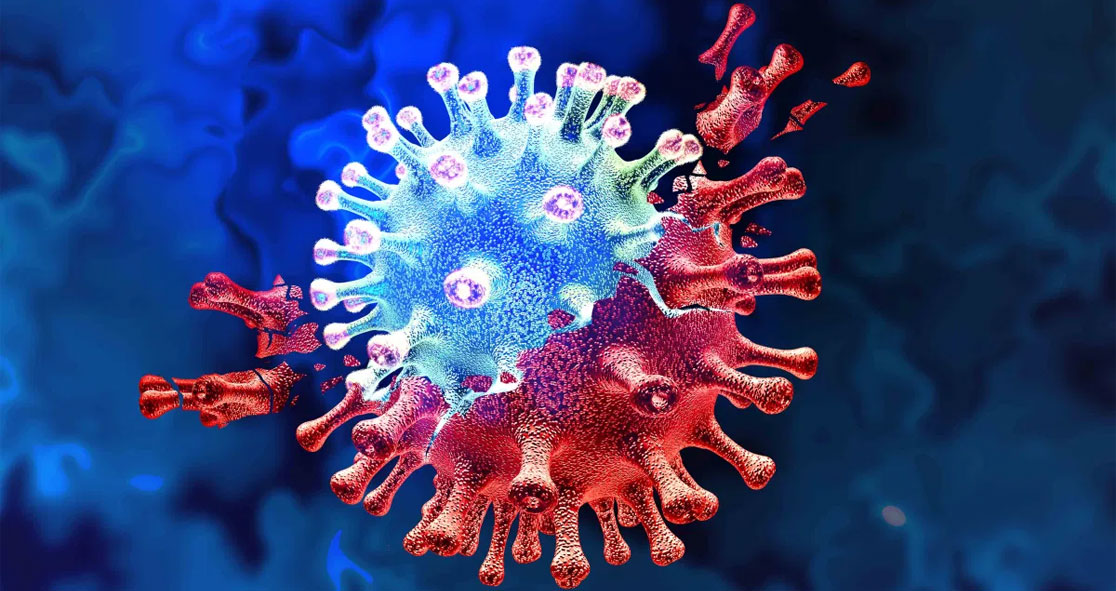New estimates released by the Centers for Disease Control and Prevention (CDC) have found that the highly contagious Delta variant of the coronavirus now accounts for more than 51% of cases in the United States, according to NPR.
The Delta variant, which was first identified in India, is also known as B.1.617.2. This particular coronavirus strain is spreading quickly across the world.
In some parts of the U.S., the Delta variant accounts for more than 80% of new COVID-19 infections, including some Midwestern states such as Missouri, Kansas, and Iowa.
The Delta strain is causing more than 74% of infections in Western states, including Utah and Colorado, and over 58% of infections in Southern states such as Texas, Louisiana, Arkansas, and Oklahoma, per CDC estimates.
However, the good news is all the currently available vaccines appear to be highly effective against serious COVID-19 disease, hospitalization, and death.
Public health authorities have been urging the roughly 140 to 150 million Americans who remain unvaccinated to get vaccinated as soon as possible.
Infectious disease expert Dr. Paul Offit says, “Right now we have two Americas: the vaccinated and the unvaccinated America.”
“We’re feeling pretty good right now because it’s the summer,” he adds. “But come winter, if we still have a significant percentage of the population that is unvaccinated, we’re going to see this virus surge again.”
Epidemiologist and vaccine researcher Dr. Saad Omer says it is crucial to increase vaccinations in other countries as well.
“The world has to get its act together. Otherwise yet another, potentially more dangerous, variant could emerge,” says Dr. Omer, who is the director of Yale Institute for Global Health.
Dr. Anthony Fauci, the nation’s top infectious disease specialist, has already called the Delta variant the “greatest threat” to America, which could affect the efforts to end the pandemic.
He expressed concerns over the areas where the vaccination rate is very low, stating that it could put society at risk.
Dr. Fauci, who is the director of the National Institute of Allergy and Infectious Diseases (NIAID), told CNN, “When you have such a low level of vaccination superimposed upon a variant that has a high degree of efficiency of spread, what you are going to see among under-vaccinated regions, be that states, cities or counties, you’re going to see these individual types of blips. It’s almost like it’s going to be two Americas.”























